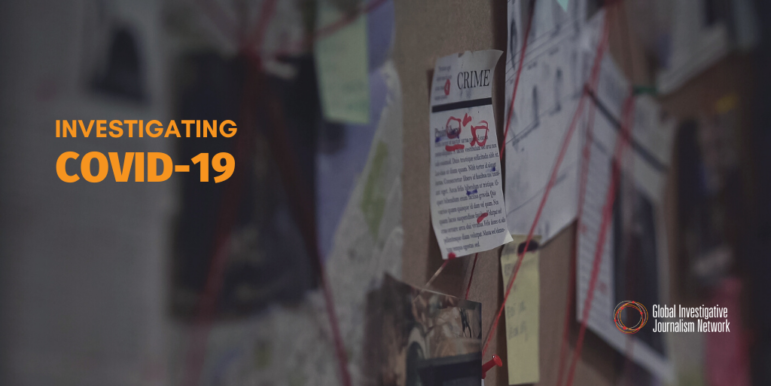
News & Analysis
How Open Source Experts Identified the US Capitol Rioters
Open source investigation teams around the world sprang into action as they watched a pro-Trump mob violently storm the US Capitol on January 6. A senior investigator with Bellingcat told GIJN how his team was able to scrape and preserve hundreds of social media videos from the attack, and shared ten tips on how any reporter can grab visual evidence during breaking news events.








